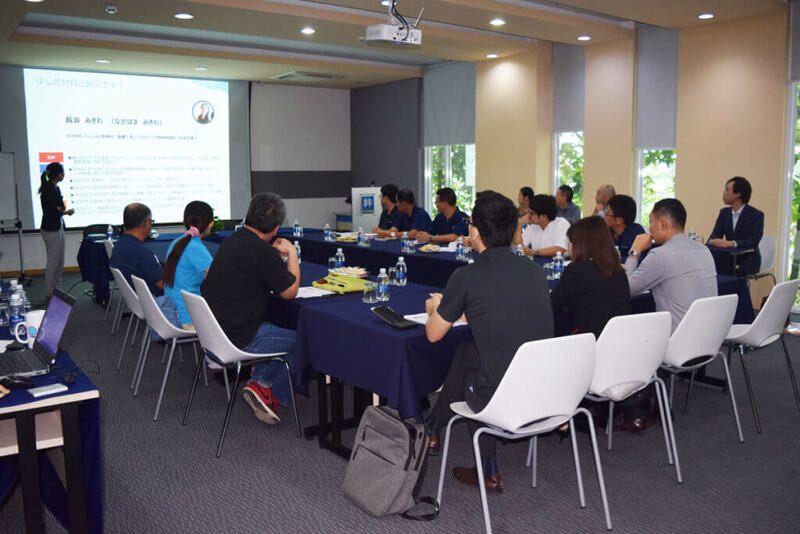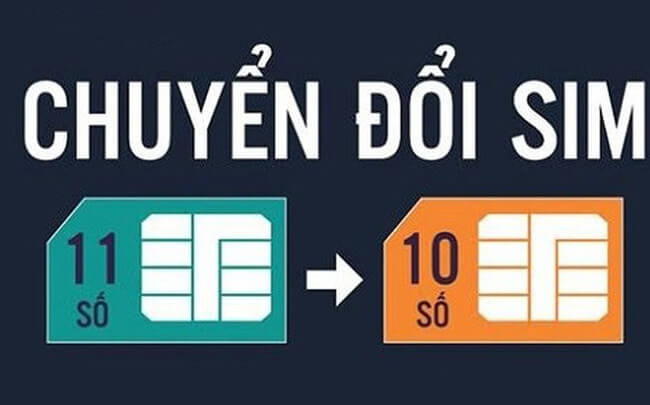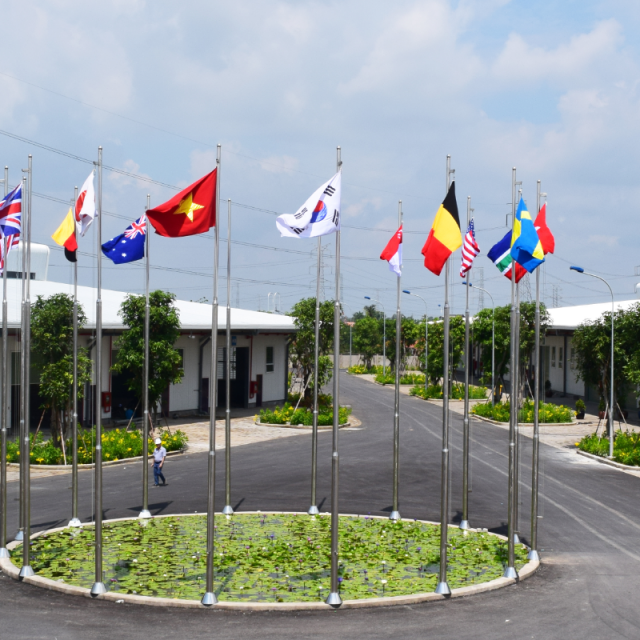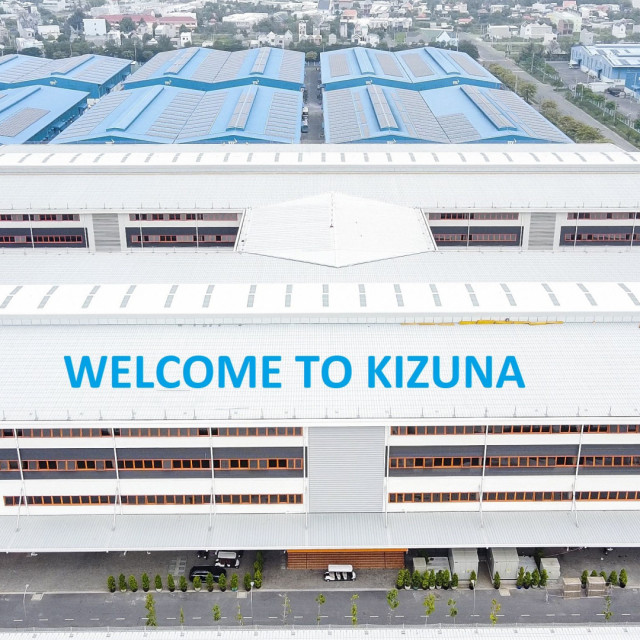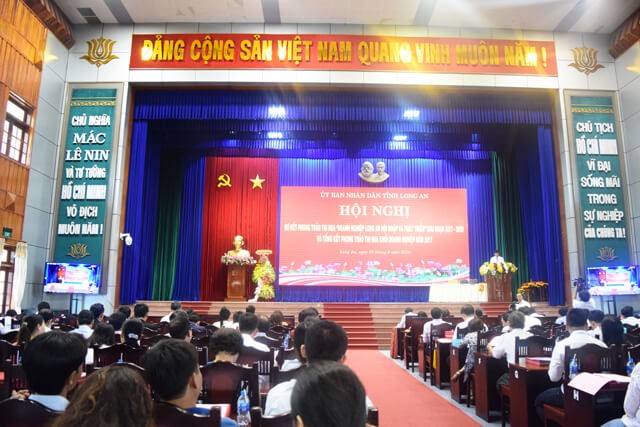Major electronics manufacturers accelerate the process of shifting factories from China to Vietnam
Being “the world’s factory" for a long time but the cost is getting more expensive, plus the risks from the US-China trade war and most recently the outbreak of new strain of coronavirus, China has lost its attractiveness in the eyes of international investors, especially electronics manufacturers. Most recently, the two giants, Google and Microsoft are accelerating efforts to shift production of their new phones, personal computers and other devices from China to Southeast Asia, with factories in Vietnam and Thailand expected to be the beneficiaries.
Google and Microsoft electronics production plan
Google is set to begin production of its latest low-cost smartphone -- expected to be dubbed the Pixel 4A -- with its partners in northern Vietnam as soon as April. Google also plans to manufacture its next-generation flagship smartphone -- the Pixel 5, as it is expected to be called -- in the second half of 2020 directly from the Southeast Asian nation.
In addition, Microsoft is scheduled to start producing its Surface line, including notebook and desktop computers, in northern Vietnam in the second quarter of this year at the earliest, another two sources familiar with the matter said. "The volume in Vietnam would be small at the beginning, but the output will pick up and this is the direction that Microsoft wants.”.
Request for Consultation
Flexible spaces ranging from 250 - 10,000 m²
So far, most of Google's smartphones and Microsoft's computers are made in China. The US-China trade war has led many industries - especially technology - to consider risks of being too dependent on manufacturing in China. Compared to hardware-focused technology brands like Apple, HP and Dell, internet companies like Google and Microsoft can move production factory out of China faster.
The wave of moving factories from China to Vietnam
With a country of 90 million people and most of them are at working age, Vietnam has become an ideal market for technology giants. Stable macro environment, focusing on incentives for high-tech enterprises as well as attractive labor costs help Vietnam also become attractive to these giants. In addition, free trade agreements (FTAs) were signed, contributing to increasing Vietnam's competitive advantage. Moreover, Vietnam is strategically located between China and Singapore with 3,260 km of coastline, bordering the South China Sea, one of the world's key maritime trade areas.
Google and Microsoft are not the first two electronics manufacturers to move their factories to Vietnam. Previously, other giants in technology such as Samsung, LG, HP, Dell, etc. have made similar moves to avoid risks in the Chinese market. With the increasing trend of these big companies, the chances of vendors following them to invest in Vietnam are quite high in the near future.
According to Nikkei Asian Review
